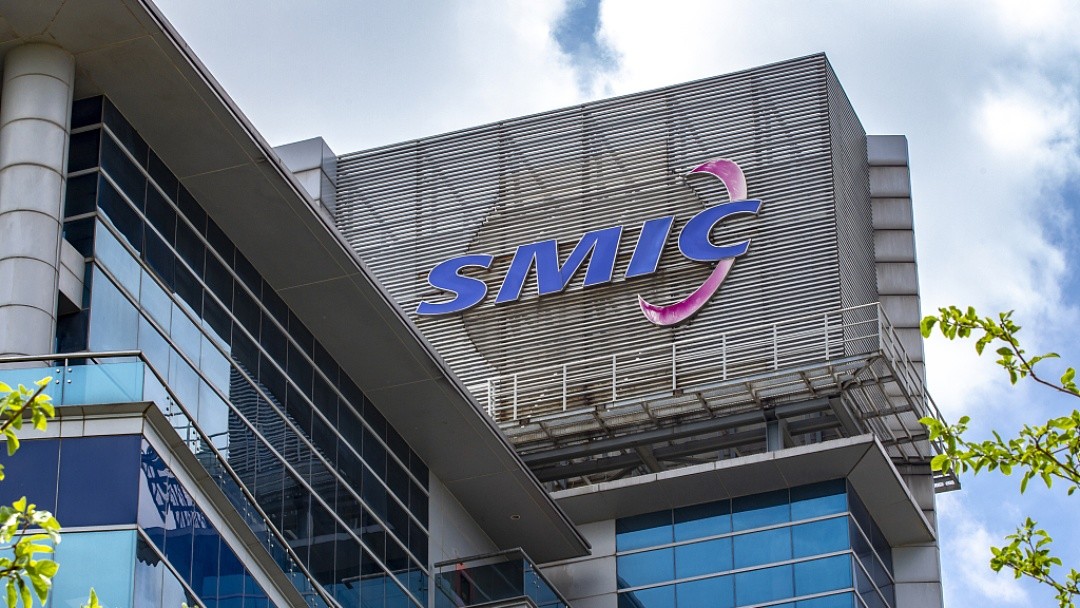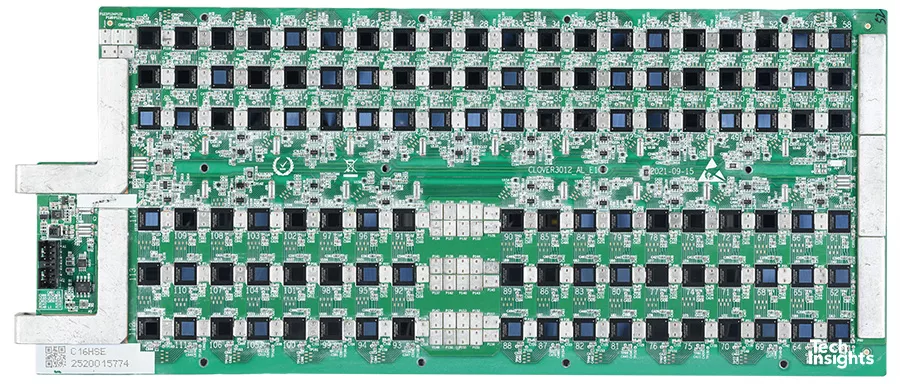SMIC Remains Hopeful For Long Term Growth, Achieves Optimistic Financial Figures

In its earnings call for the third quarter of 2022, China’s biggest chip foundry, Semiconductor Manufacturing International Corp (SMIC), voiced skepticism about the likelihood of a business revival in the short term but highlighted that it remained hopeful about the medium- to long-term growth.
The COVID pandemic has decreased employee turnover, and recent graduates have shown a strong interest in working in the semiconductor industry. Even though the new US trade regulation expressly forbids US persons from facilitating the growth of advanced semiconductor technology in China (especially companies on the Entity List), SMIC co-CEO Zhao Haijun claimed that the company’s talent reserve is in the best condition ever.
Many university graduates with bachelor’s and master’s degrees are eager to join us. We took in many good quality new recruits, and talent source is sufficient. The total number of our headcount last year was 15,000-16,000, and this year so far we have exceeded 20,000.”
In the upcoming 5-7 years, SMIC plans to expand the monthly capacity of 5 subsidiaries’ new manufacturing lines to 340,000 units of 12-inch wafer equivalent. According to a SMIC announcement, capital expenditure has increased from $5 billion to $6.6 billion for 2022; it excludes the Tianjin Fab since the firm needs to pay in advance for equipment with long lead times before arrival. SMIC is still prioritizing increasing output compared to GlobalFoundries (GF), which recently announced that it would begin layoffs and a hiring freeze. SMIC is attempting to procure equipment with a significant lead time to guarantee that capacity expansion is completed on schedule.

SMIC reported that customers are not particularly interested in carrying out design tape-out and beginning trial production and that the inventory of smartphones and consumer electronics is still being absorbed slowly. The company has suffered dramatically from the most recent cyclical decline in consumer demand because more than 60% of its revenues come from the smartphone, smart home, and consumer electronics industries.
SMIC’s reliance on its home market has increased due to US limitations on selling sophisticated semiconductor technology to China and its placement on the Entity List. 70%, up from 66.7% a year earlier, of the company’s third-quarter 2022 sales came from the Chinese mainland and Hong Kong. SMIC stated that it is currently evaluating the effects of the new regulations that the US enacted on October 7. It claimed to have been in constant contact with suppliers and working to clarify “some definitions in the new rules” clear.
The firm anticipates that its fourth-quarter sales in 2022 will decline by 13–15% sequentially, and its gross margin will fall between 30% and 32% from 38.9% in the third quarter. The value of inventories rose 17.2% from the second quarter to $1.7 billion. Financial statistics indicate a modest increase in China’s reliance on SMIC, which encourages future innovations.
Source: DigiTimes





